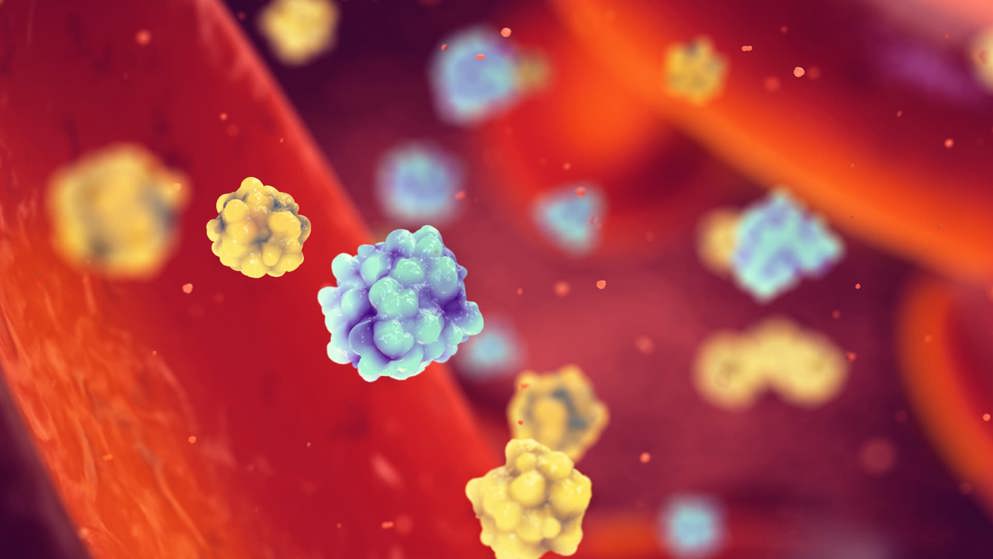
News
Phase III TIMES 2 and 3 trials of imeglimin meet primary endpoints in type 2 diabetes.- Poxel
Poxel SA announced that it presented imeglimin Phase III results for the TIMES 2 and TIMES 3 trials at the 56th European Association for the Study of Diabetes (EASD) Annual Meeting. In all three trials, imeglimin met its primary endpoints and objectives and was observed to exhibit a favorable safety and tolerability profile. In July 2020, a New Drug Application (NDA) was submitted by Sumitomo Dainippon Pharma in Japan and is currently under review by the Pharmaceuticals and Medical Devices Agency (PMDA) to request approval for the manufacturing and marketing of Imeglimin for the treatment of type 2 diabetes. Across all three TIMES trials, Imeglimin was observed to demonstrate the ability to safely and significantly reduce HbA1c as a monotherapy and in combination with insulin and other existing therapies," said Pascale Fouqueray, Clinical Development and Regulatory Affairs at Poxel. “In the TIMES 2 trial, we observed clinically meaningful HbA1c reductions when Imeglimin was added to other oral approaches. The greatest efficacy observed was an HbA1c reduction of 0.92% as an add-on to DPP4 inhibitors, suggesting that this combination of mechanisms could be a particularly important treatment option. In the TIMES 3 trial, Imeglimin also demonstrated meaningful efficacy as an add-on to insulin in patients who were not well controlled. In addition to placebo-like overall tolerability, no signal of severe hypoglycemia was observed in either trial. Based on these results, we believe that Imeglimin has the potential to treat type 2 diabetes at multiple disease stages.” Details of the combination study arms in TIMES 2 included the following (with respective changes in mean HbA1c values): DPP-4 inhibitors (-0.92%), thiazolidinediones (-0.88%), alpha-glucosidase inhibitors (-0.85%), glinides (-0.70%), metformin (a biguanide; -0.67%), SGLT-2 inhibitors (-0.57%), sulphonylureas (-0.56%). In the open-label extension period of TIMES 3, which was not placebo-controlled, 208 Japanese patients who completed the first 16 weeks of the study were orally administered Imeglimin 1,000 mg twice-daily as well as insulin therapy for the next 36 weeks. The HbA1c decrease observed at the end of the open-label extension period was: -0.64% versus baseline in patients receiving Imeglimin and insulin for 52 weeks (Imeglimin and insulin for 16 weeks followed by Imeglimin and insulin for 36 weeks). -0.54% versus baseline in patients receiving Imeglimin and insulin for the last 36 weeks only (placebo and insulin for 16 weeks followed by Imeglimin and insulin for 36 weeks). Overall, the safety and tolerability profile of Imeglimin was observed to be favorable for the entire 52-week trial. In the first 16-week double-blind placebo-controlled treatment period, the incidence of treatment emergent adverse events was similar to the placebo group. In the 36-week extension period, the safety and tolerability profile was consistent with the first part of the trial. There were no episodes of severe hypoglycemia events and the majority of the hypoglycemia events reported were mild.
Condition: Diabetes Type 2
Type: drug

